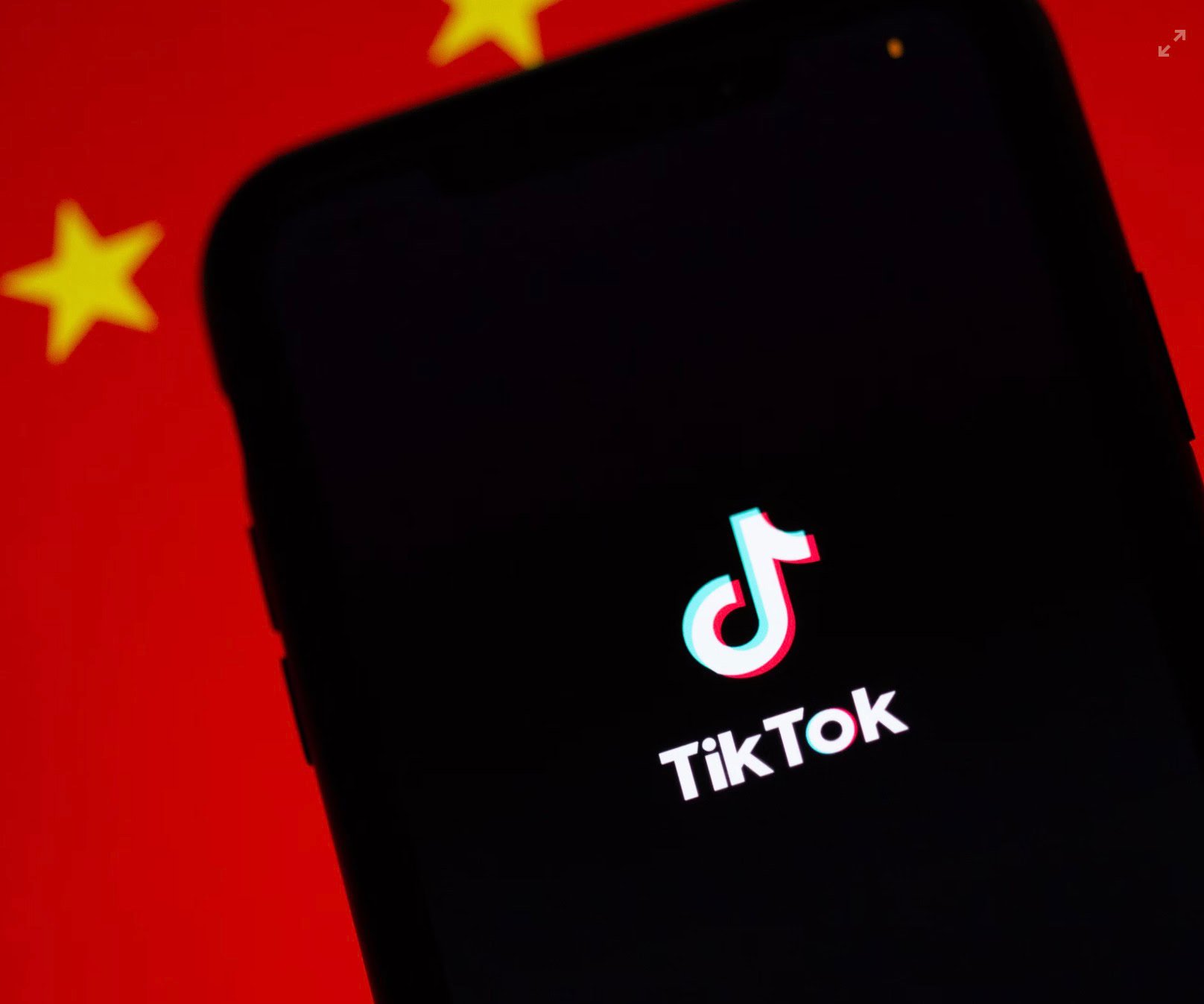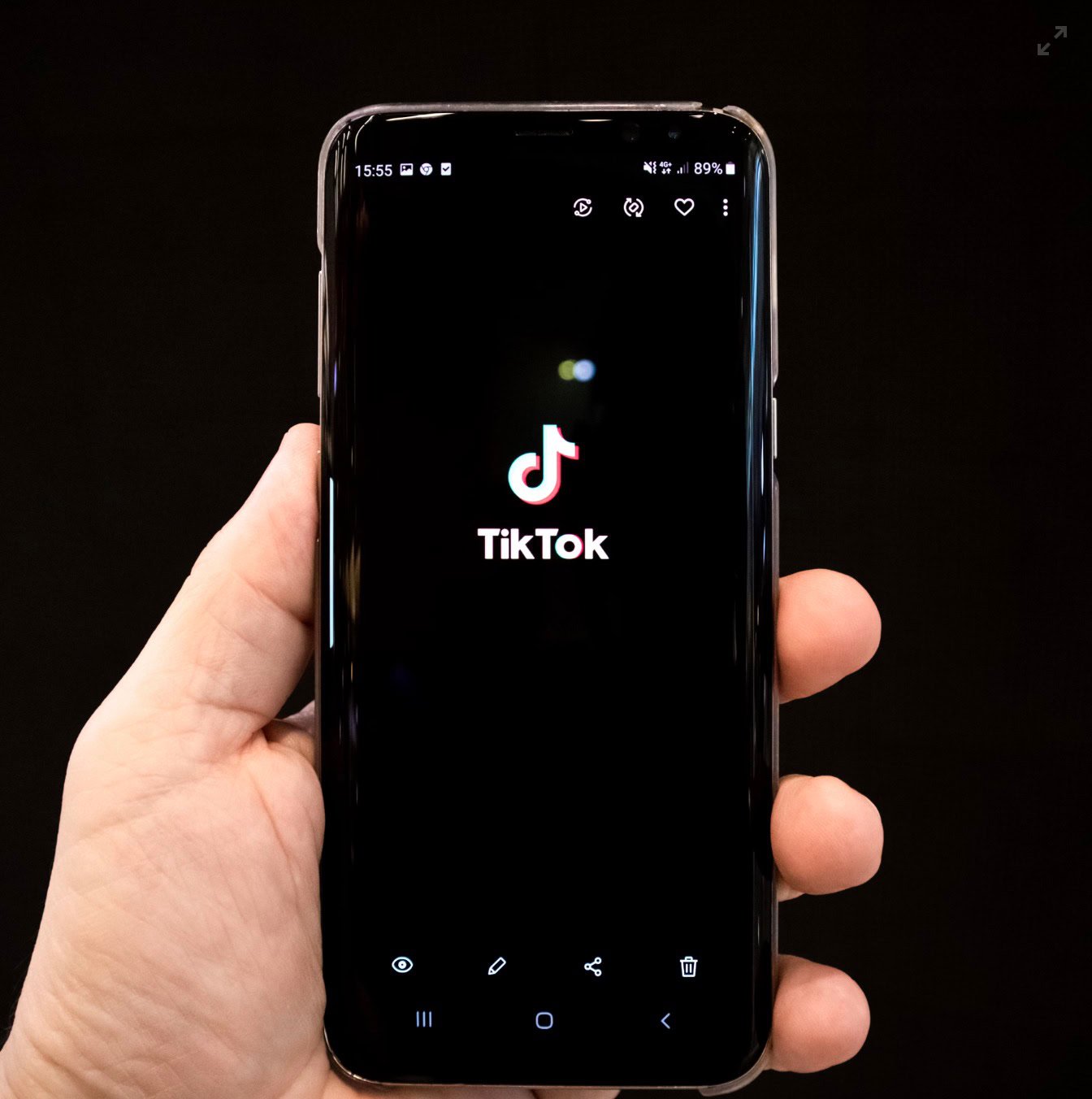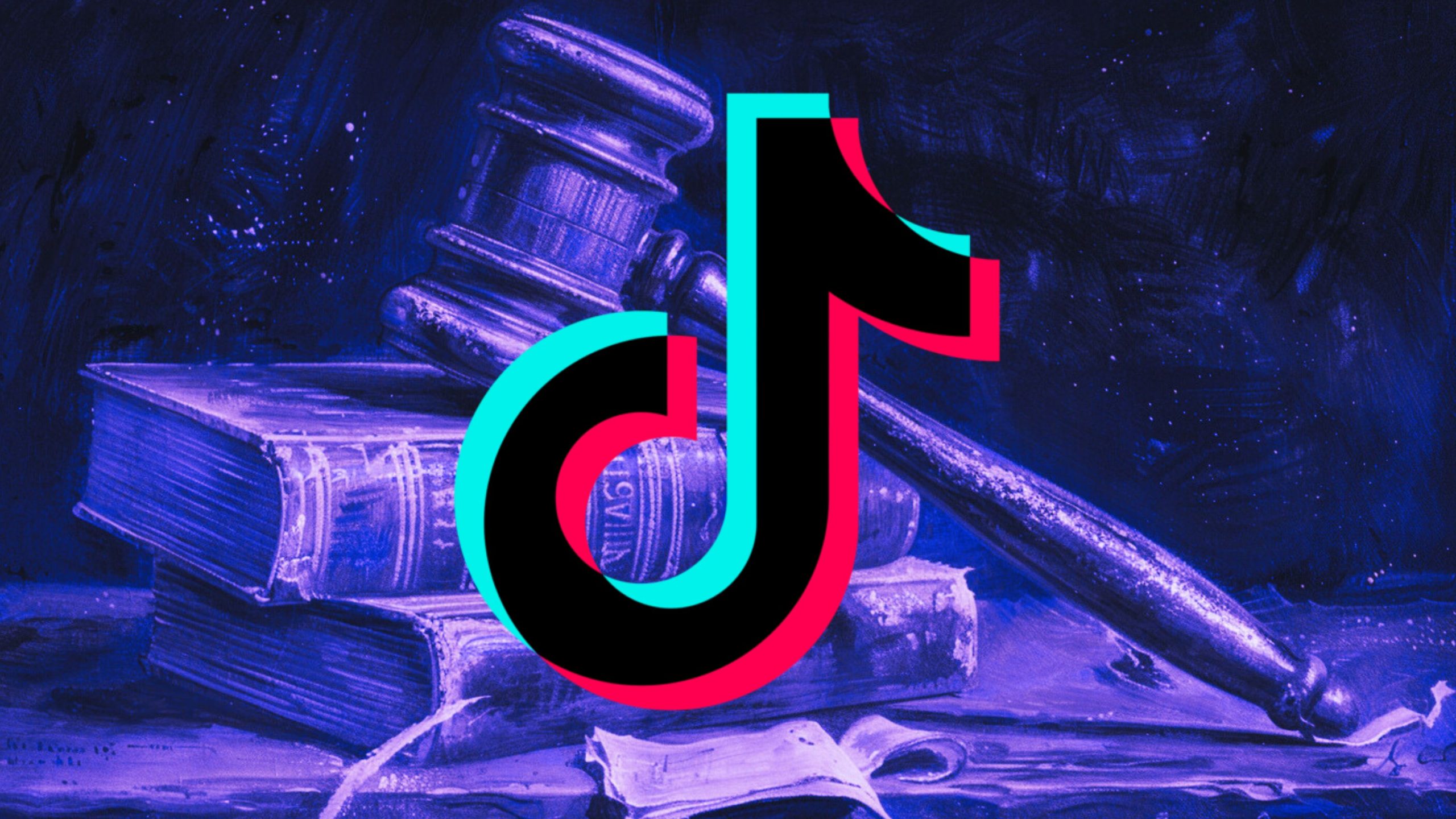The winds of Washington are blowing icy cold for TikTok this December. A federal appeals court panel handed down a ruling today that could send the app packing— or at least force it into a kind of corporate divorce.
The US Court of Appeals for the District of Columbia Circuit has today declared the law threatening TikTok’s existence to be totally constitutional, leaving the platform to fight for its digital life. In short, TikTok has until mid-January to break ties with its Beijing-based parent, ByteDance, or risk an outright ban in the United States.
TikTok responded with the following statement:
“The Supreme Court has an established historical record of protecting Americans’ right to free speech, and we expect they will do just that on this important constitutional issue. Unfortunately, the TikTok ban was conceived and pushed through based upon inaccurate, flawed and hypothetical information, resulting in outright censorship of the American people. The TikTok ban, unless stopped, will silence the voices of over 170 million Americans here in the US and around the world on January 19th, 2025.”
The Free Speech Shuffle
TikTok played the First Amendment card, arguing that banning the platform would stomp on Americans’ free speech rights. But the court wasn’t having it, throwing in a little verbal aikido about protecting actual freedom.
“The First Amendment exists to protect free speech in the United States,” the court wrote, presumably while straightening its tie in a metaphorical mirror. “Here the Government acted solely to protect that freedom from a foreign adversary nation and to limit that adversary’s ability to gather data on people in the United States.”
Translation: TikTok, it’s not you — it’s China.

ByteDance’s Legal Tango
TikTok and its parent company, ByteDance, is already planning to appeal to the Supreme Court because apparently, they’re gluttons for punishment. And hey, why not? When you’re staring down a deadline that could nuke your entire US business, you either fight or fold.
But here’s where it gets interesting: the same President-elect Donald Trump who once tried to fire TikTok like it was a contestant on The Apprentice now says he’s against a ban. Trump has promised to swoop in and “save” the platform during his second term.
The law itself was signed by President Joe Biden in April, marking a rare bipartisan moment in a town otherwise allergic to cooperation. For years, Washington has been gnashing its teeth over TikTok’s ties to the Chinese government, accusing the app of being a national security threat disguised as a dance challenge factory.
Of course, critics argue this is about power. TikTok’s cultural dominance has made it an unpredictable disruptor, threatening not only Big Tech’s grip on social media but also giving the average American teen more clout than your local senator.
Government officials argue that the app’s voracious appetite for user data could lead to sensitive information, from browsing histories to biometric identifiers, being vacuumed up by the Chinese communist government. But the main issue? The proprietary algorithm, that magical machine-learning potion that keeps you scrolling at 2 a.m., is painted as a weapon of influence — a subtle but powerful propaganda tool ready to tweak your feed for Beijing’s benefit.
Except, there’s a catch: a good chunk of the government’s evidence for these claims is locked behind classified curtains. TikTok’s attorneys — and by extension the American public — are left in the dark.

TikTok Fights Back
TikTok has steadfastly denied being a Chinese Trojan horse, insisting that no evidence exists to prove they’ve ever handed over data to Beijing. As for the algorithm? TikTok says any suggestion of manipulation is pure speculation. Their legal team hammered home that the government’s arguments rely on what might happen in the future — a slippery foundation for ripping apart a platform that’s glued to the cultural zeitgeist.
But the Department of Justice isn’t just playing futurist. It has hinted — vaguely and ominously — at unspecified past actions by TikTok and ByteDance in response to Chinese government demands. The key word here is “unspecified,” because whatever receipts the DOJ might have, they’re conveniently out of reach for TikTok’s lawyers, the media, or anyone else.
A Courtroom Tango: First Amendment vs. National Security
The appeals court panel, a politically mixed trio of judges, seemed as torn as the rest of us about how far Uncle Sam can stretch its First Amendment arguments to justify banning an app with foreign ties. Over two hours of oral arguments in September, the judges volleyed tough questions at both sides.
Can the government really shut down a platform just because it’s foreign-owned? the judges asked, channeling TikTok’s core argument. On the flip side: What happens if this platform turns into a covert disinformation campaign during wartime? they wondered, invoking wartime-era laws restricting foreign ownership of broadcast licenses.
Both sides twisted themselves into legal yoga poses. TikTok’s lawyer, Andrew Pincus, argued that a private company — even one with foreign owners — deserves constitutional protections. The DOJ’s Daniel Tenny countered that the government has a duty to head off potential foreign interference, even if the threat isn’t fully realized yet.
$2 Billion in Data Defenses
TikTok itself hasn’t just been sitting back while lawyers spar. The company claims it’s invested over $2 billion to fortify its US data, including setting up Project Texas — a heavily marketed initiative to store American user data on servers managed by Oracle. ByteDance has also floated the idea of a comprehensive draft agreement that it says could have eased Washington’s fears years ago.
But according to TikTok, the Biden administration ghosted them, walking away from the negotiating table without offering a viable path forward. The DOJ insists the draft didn’t go far enough, but skeptics wonder if the government’s hardline stance is less about national security and more about flexing control over Big Tech.
Divestment Drama
Washington’s solution to the TikTok dilemma sounds deceptively simple: ByteDance should sell the US arm of TikTok. However attorneys for the company argue that such a divestment would be a logistical and commercial nightmare. And without TikTok’s algorithm—intellectual property that Beijing is unlikely to let go of—the app would lose its magic. Imagine TikTok without its eerily intuitive feed: it’d be MySpace 2.0, a ghost town for millennials waxing nostalgic.
Still, some sharks smell blood in the water. Billionaire Frank McCourt and former Treasury Secretary Steven Mnuchin have rallied a consortium with over $20 billion in informal commitments to snap up TikTok’s US operations.
A Perfect Storm of Lawsuits
TikTok isn’t going down without a fight and it’s bringing allies to the battlefield. The company’s legal challenge has been bundled with lawsuits from several content creators, who argue that losing the platform would gut their livelihoods, and conservative influencers who claim a ban would silence their political speech. TikTok, ever the sugar daddy, is footing the legal bills for its creators — a savvy PR move if ever there was one.
The Clock is Ticking
If TikTok’s Hail Mary appeal to the Supreme Court fails, it’ll be up to President Trump’s Justice Department to enforce the ban. That means app stores would have to scrub TikTok from their offerings, and hosting services would be barred from supporting it.
And what happens to the millions of creators, small businesses, and teenagers who’ve turned TikTok into a cultural juggernaut? Well, they’ll probably migrate to Instagram Reels or YouTube Shorts—platforms that coincidentally happen to be owned by US tech giants who’ve been salivating at the thought of TikTok’s demise.
This is far from over.










